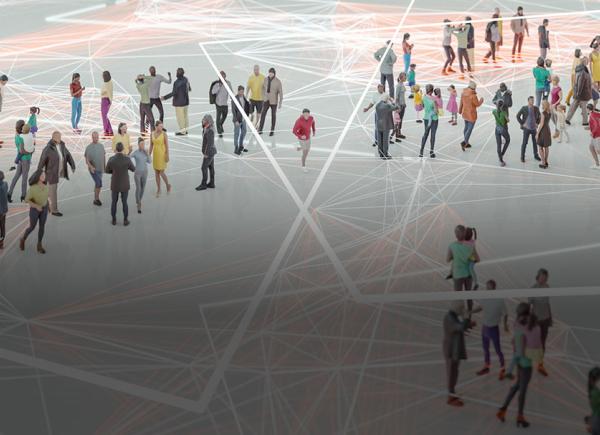This post was written by Corinna Rin, an application product management intern at Envestnet | Yodlee, in honor of the Center for Financial Services Innovation (CFSI) #FinHealthMatters movement. I was born in Cambodia, a little over a decade after the Pol Pot War which ended in 1979. Everyone was poor after the war ended. My mother was the only survivor from her side of the family and more than half of my dad’s side of the family had passed away. My mother was a stay at home mom and she did everything around the house to take care of us. She tailored clothes to bring in extra money. My father was in the military, he made $20 a month when I was growing up. Even with their combined income, they struggled to provide their four children, three meals a day. Even though we were poor, somehow my parents managed to give us the money to pay for school every day. Once a year before school started, I was lucky enough to get a pair of shoes and leftover clothes from my older sister. One time, all the girls showed up wearing the new fashion shoes. They were very nice to look at it, and because everyone else had those shoes, I wanted them too, even though I was lucky to just have “a” pair of shoes. I asked my parents but of course, they refused to buy the shoes. They told me if I wanted something then I would have to save my money for it. So, I began to save every 100 riel (approx. 2.5 pennies) whenever it was given to me. I would not spend it on food or candy. A few months later, I saved up enough for the shoes that I wanted. It was the best feeling ever. From then, I realized that I can have anything as long as I can prioritize my savings. Before coming to America, I was convinced (by the movies) that everyone is rich with a perfectly lean body, running around on an endless sunny beach. Attending high school in America made me realize that there are people of all sizes, and probably more people who struggle with their financial health. I find it really shocking how the media speaks so freely about Americans being overweight, yet there are seldom mentions about the health of their finances. My view of physical health is the same as my financial health. To start the process, I need to get a full financial check-up to see where I stand. Having great financial health means that I constantly exercise and build a great foundation for my short-term and long-term finances. It means knowing my inflow and outflow, and being able to control the outflow. While my best friend and I made roughly the same amount over the last 4 years, she has less than $1,000 saved. On the other hand, I have enough money to cover for the necessities in life (food, rent, bills) that can last me for the next 3 years if I have no income coming in. Often, I hear people say that they aren’t able to save because they don’t make $1 million a year. When in reality, it’s not how much you make it’s how you budget your money. Financial applications, powered by Envestnet | Yodlee, are key to helping people like me to understand our financial situation and take steps towards achieving their financial health. To learn more about how to drive financial wellness with actionable tools, download this whitepaper.




